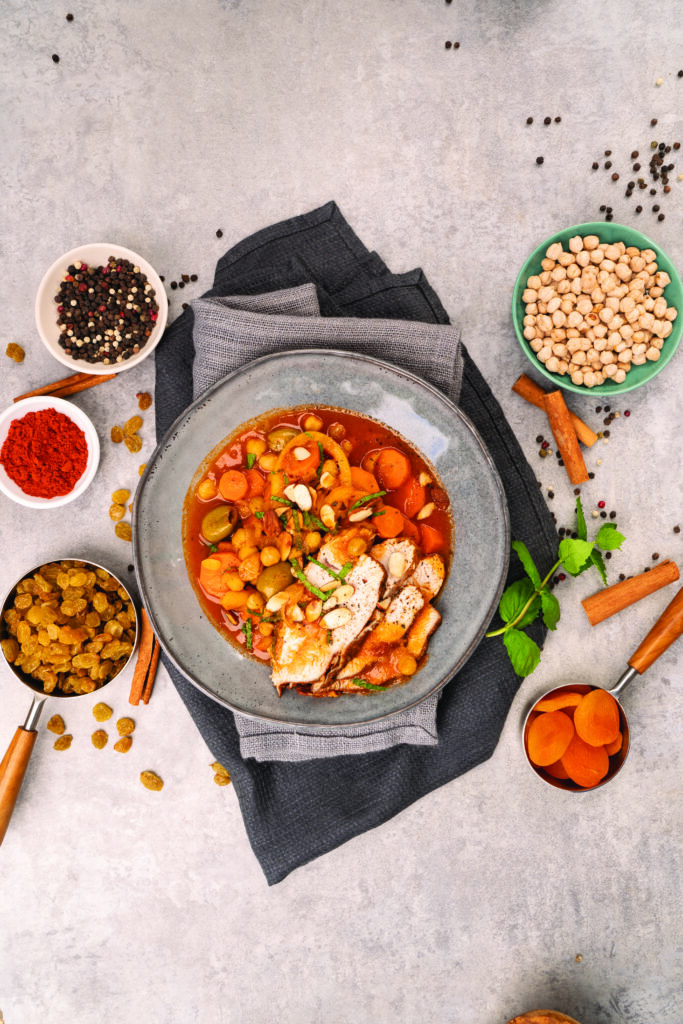Advertisement
Perfect Pulses—Perfect Food
Pulses are commanding a lot of attention these days. We’re not talking about your heart rate, but rather we’re exploring—and enjoying—the perfect plant food. Pulses are among the world’s healthiest foods, offering plenty of goodness that can certainly be linked to a healthy heartbeat. They’re an excellent source of protein, virtually free of saturated fat, … Continued

Pulses are commanding a lot of attention these days. We’re not talking about your heart rate, but rather we’re exploring—and enjoying—the perfect plant food.
Pulses are among the world’s healthiest foods, offering plenty of goodness that can certainly be linked to a healthy heartbeat. They’re an excellent source of protein, virtually free of saturated fat, and super high in minerals and fibre. And that’s not all: scientific studies have shown that diets rich in pulses are proven to reduce cholesterol—a key factor in reducing heart disease.
In our no-fuss recipe collection, we’re featuring pulses in their truest form—offering oodles of lip-smacking flavour. Add to this the fact that pulses are cheap to buy—especially in bulk—and easy to store. But more importantly, they carry any dish a long way toward satiability while providing both nutritional and environmental benefits.
Advertisement
Smoky Fire-Roasted Tomato and Bean Soup

Advertisement
Warming Moroccan Turkey Stew

Advertisement
Colourful Roasted Veggies and Lentils with Crisped Kale and Creamy Vegan Mayo

Advertisement
Red Lentil Dip

Advertisement
Black “Caviar” Lentils Tumbled Over Creamy Yogurt with Mint

Eating pulses is a super way to increase plant protein in your diet. But what to do about the possible side effects? If you’re not used to eating pulses, start with smaller portions and go from there. And follow these easy steps for degassing carb-rich pulses. As your body adjusts, the side effects will dissipate.
- Soak dried beans well and long—the longer the better. Then rinse well before cooking.
- Sprout lentils to improve digestion if, despite being smaller and easier to digest, they still create a problem for you.
- Cook beans until very soft. This also can be applied to canned beans.
- Add 1 teaspoon (5 mL) baking soda to soaking or cooking water. It helps digestion and also speeds up cooking. Be sure to rinse well, removing the oligosaccharides—the bloat-causing sugars—after cooking.
- Drink plenty of water.
- Chew your food thoroughly and slowly.
- Add ajwain (Indian spice also known as carom seeds) or epazote (Mexican herb used for flavouring and for its antiflatulent properties) spices to your dish. Ginger and cumin may also help.
- Rinse canned beans well.
- Visit your natural health store for over-the-counter digestive aids.





